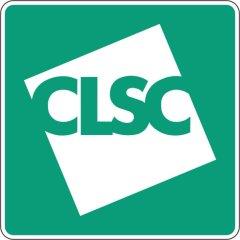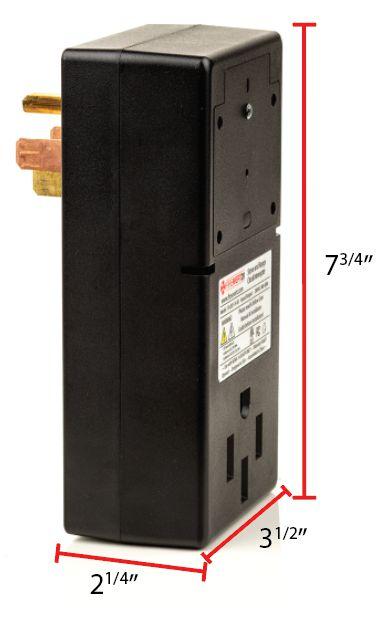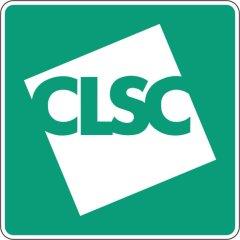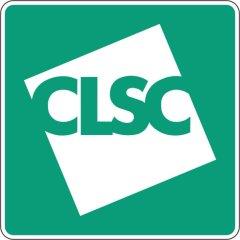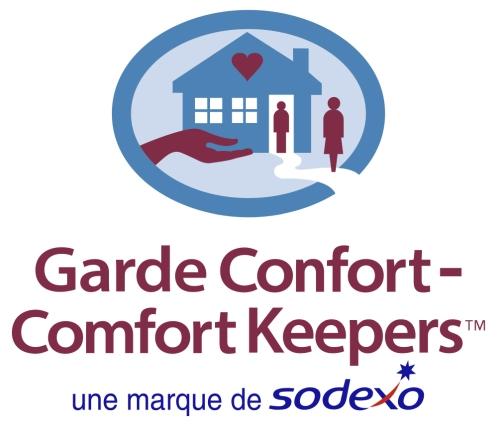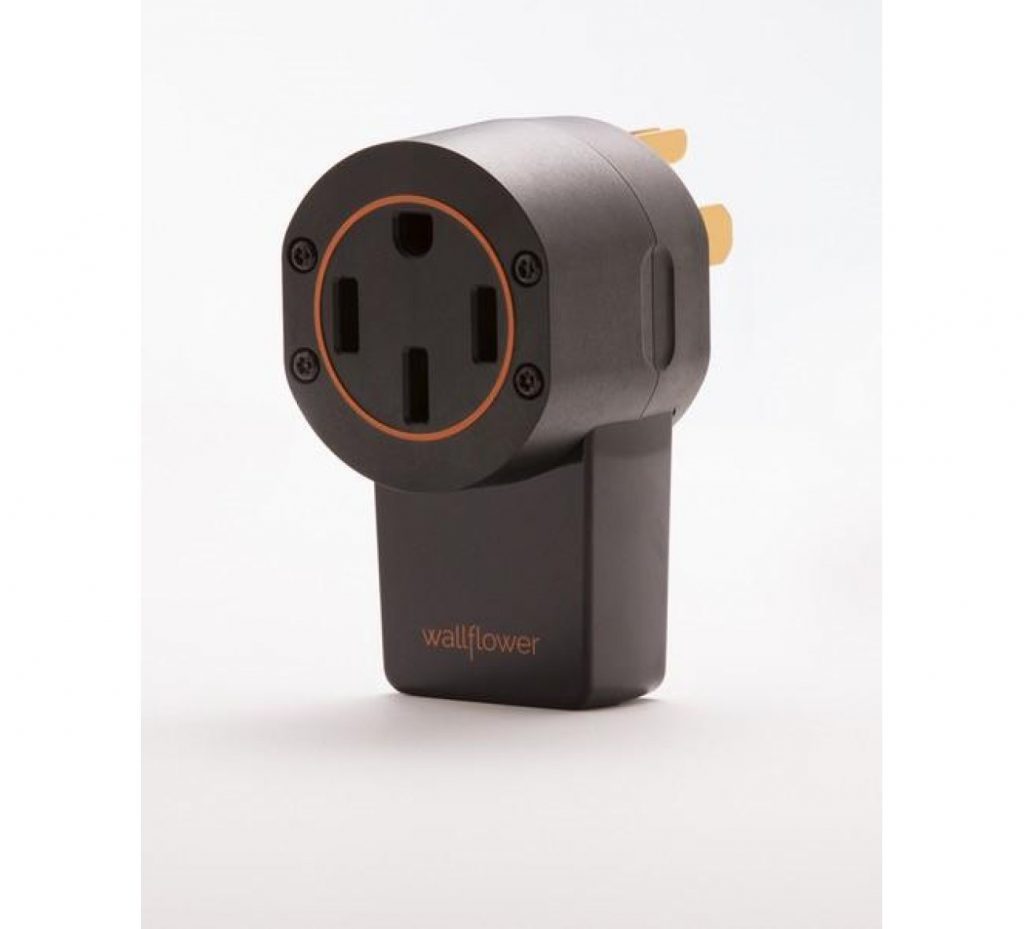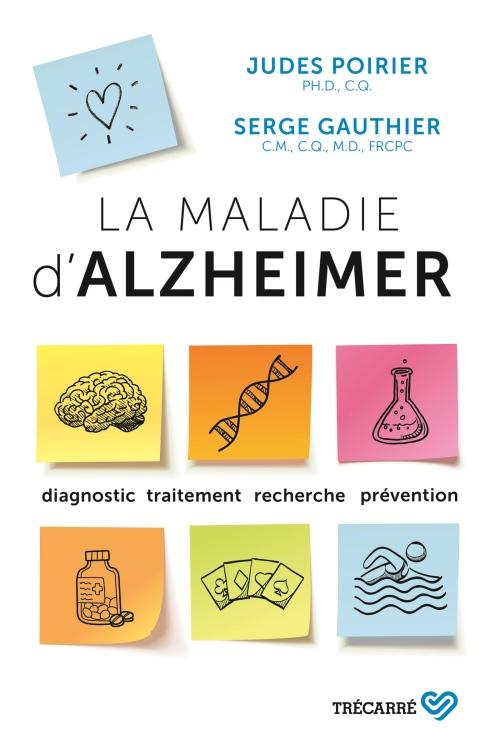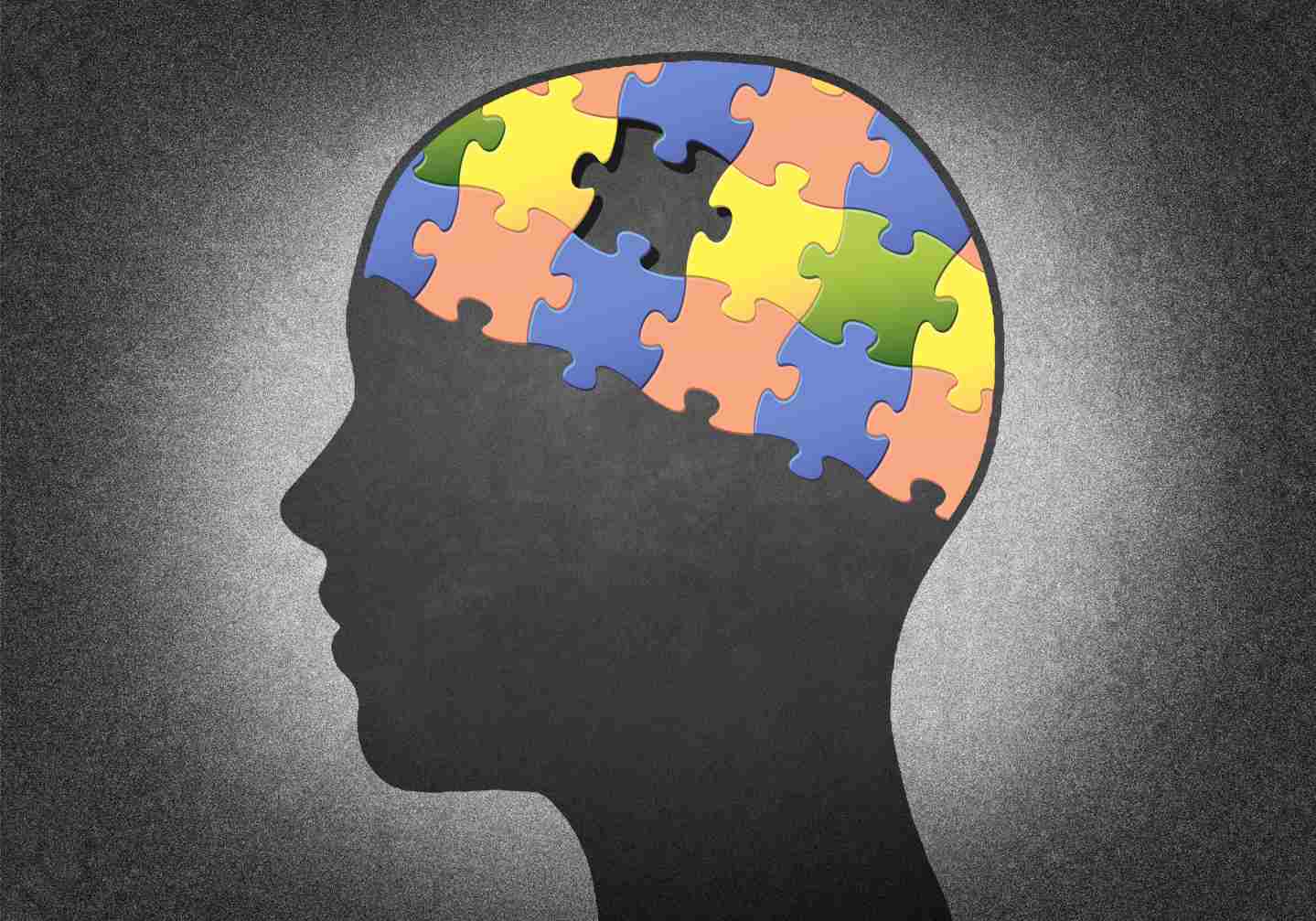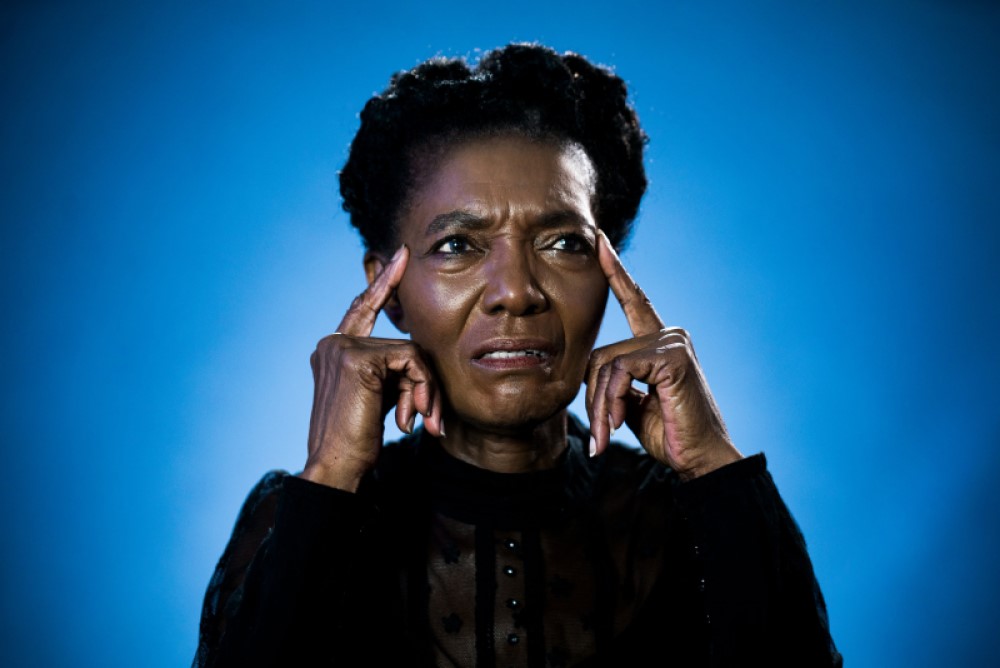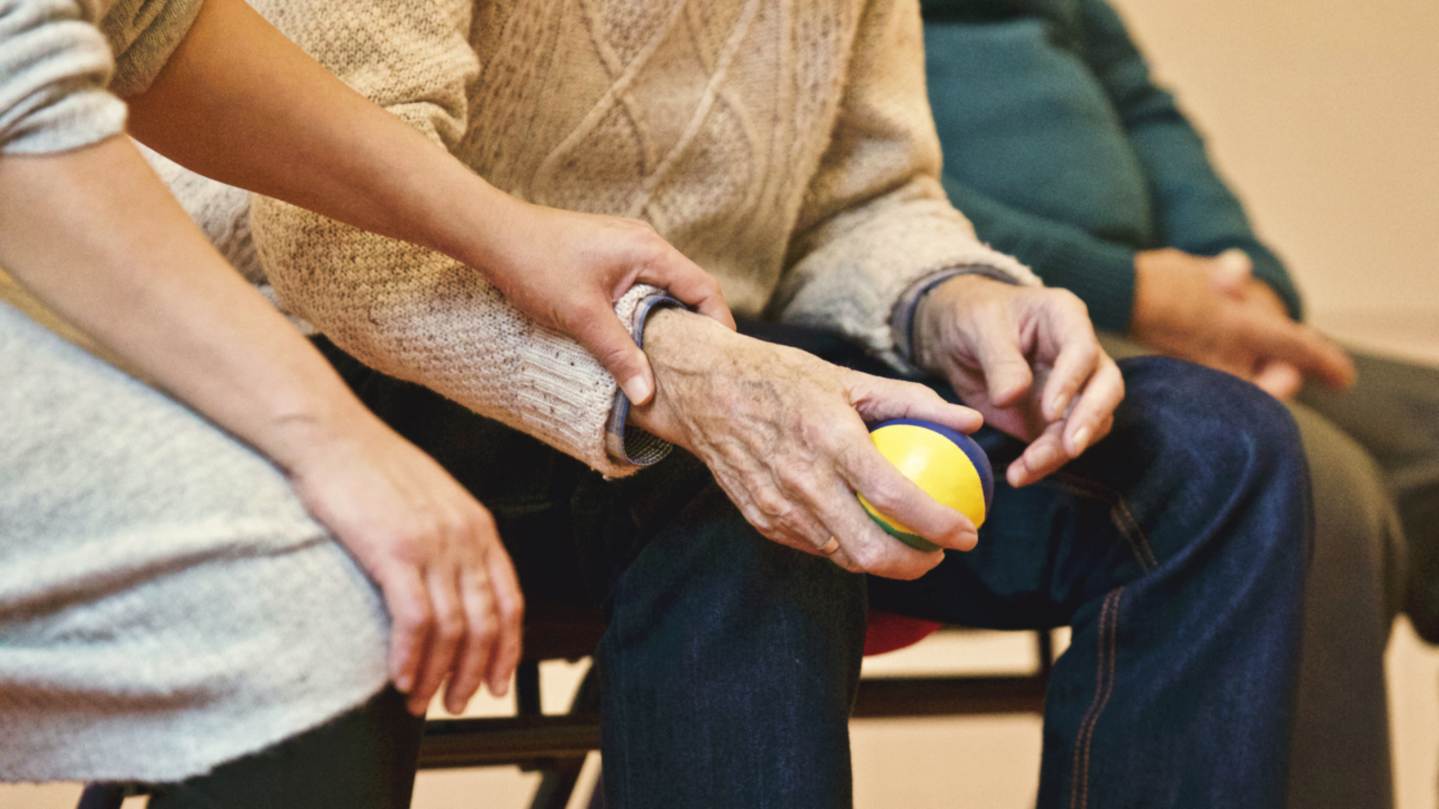
The Evolution of Alzheimer’s Disease: What to Expect
A diagnosis of Alzheimer’s Disease, whether for us or a loved one, is often distressing at first. Even if there currently isn’t a cure for the disease, a lot is known about it. Better understanding Alzheimer’s and the 7 stages of its evolution can help us prepare for the future and address the problems that occur over time.
It’s normal to feel distraught following a diagnosis of Alzheimer’s Disease. So many questions come up and it’s often hard to find clear answers for them. When we don’t know what to expect, it’s only natural to fear the future.
A better way of gaining control over a diagnosis of Alzheimer’s is to prepare for what may be coming. Knowing how Alzheimer’s evolves makes it easier to accompany and care for a loved one with the disease. Better understanding Alzheimer’s means gaining more control over its impact on our lives.
The Reisberg scale (or Global Deterioration Scale – GDS) is frequently used to describe the evolution of Alzheimer’s Disease. It comprises 7 stages, starting at 1, the mildest stage, and going to 7, the most advanced stage. It’s important to know that stages 1 to 3 do not refer to dementia. It is only when Alzheimer’s Disease has evolved to stages 4 and beyond that someone has dementia due to Alzheimer’s Disease. Read this article to understand the difference between Alzheimer’s and dementia.
The evolution of Alzheimer’s Disease usually follows a specific sequence of symptoms. Here is a broad outline:
1. No cognitive decline
There aren’t any symptoms of Alzheimer’s Disease. The disease can only be detected using very advanced tests that are not routinely used (mostly used in research settings).
2. Very mild cognitive decline
A person at this stage has very minor symptoms such as forgetting names or occasionally misplacing objects. The decline is not detectable by loved ones or by healthcare professionals. Symptoms do not interfere with work or social activities. These changes can be considered part of normal aging.
3. Mild cognitive decline
The first detectable symptoms develop:
- Difficulty with complex new tasks at work
- Difficulty with travelling to new locations
- Detectable difficulty in word-finding and recalling familiar names
Loved ones will often notice a slight cognitive decline at this stage. The change can also be detected by healthcare professionals using specific tests (read about how dementia is diagnosed here). The person affected may or may not be conscious of the decline.
4. Mild dementia (moderate cognitive decline)
From stage 4 onwards, the cognitive decline is significant enough to be called dementia. The word dementia is used because at this stage the disease has started to cause substantial impairments in a person’s ability to complete his or her daily activities (iADLs). For example, stage 4 symptoms include:
-
- Decreased knowledge of recent events (personal or news events, etc.)
- Needing help to complete complex daily activities, such as paying bills, driving to new locations, planning a meal for guests, etc.)
At this stage, a person will usually not have trouble knowing the time and place (when in familiar locations). Often, a person may withdraw from situations that exert a heavy toll on their brain functions. Alzheimer’s is most frequently diagnosed at stage 4. The average duration of this stage is approximately 2 years.
5. Moderate dementia (moderately severe cognitive decline)
At this stage, help from relatives is needed to ensure the safety of a person. Reminders or assistance to take care of oneself is required (like choosing clothes, showering, etc.). Important everyday information, such as telephone numbers, names of grandchildren, or the current date, can become hard to recall. The abilities to remember the names of closer relatives (spouse, children), to feed oneself, and to toilet are maintained. The average duration of stage 5 is approximately 2 years.
6. Moderately severe dementia (severe cognitive decline)
Stage 6 refers to a very advanced disease. The memory of significant life events, past and present, is lost. A person may forget the names of the closest family members and language abilities decline sharply. Assistance is required for most daily activities, including toileting because of frequent incontinence.
At this advanced stage, symptoms related to behaviors and mood can unfortunately arise, like insomnia, wandering, hallucinations and delusions, or personality changes. Starting from stage 5, but particularly at stage 6, caring for a loved one with Alzheimer’s Disease often requires external assistance, for example from healthcare professionals. The average duration of this stage is approximately 2.5 years.
7. Severe dementia (very severe cognitive decline)
Stage 7 is the most advanced. Basic body functions like walking and talking are progressively lost. All daily self-care activities must be done by others. The average duration of this stage is approximately 2.5 years.
What you should remember
Every single one of us is unique and it’s not because we have Alzheimer’s that we lose our uniqueness. The evolution of Alzheimer’s Disease will vary and the duration of each stage will be specific to a person and influenced by many other aspects like age, medical conditions, and the support network. What is most important is not the precise stage at which your loved one is. What is most important is the social support and environment around her or him.
No doubt that our lives would be less burdensome without Alzheimer’s Disease. But we never control who has it and who doesn’t. Something we do control is how we react in the face of it. Our hope is that furthering your understanding of the symptoms and the evolution of Alzheimer’s will empower you to take control of today and plan the future. Good days and bad days alike.
If someone you care for has Alzheimer’s Disease, many resources can offer support such as the Alzheimer’s Society. Eugeria can also to point you to other articles, services, and products that can lend you a hand.


